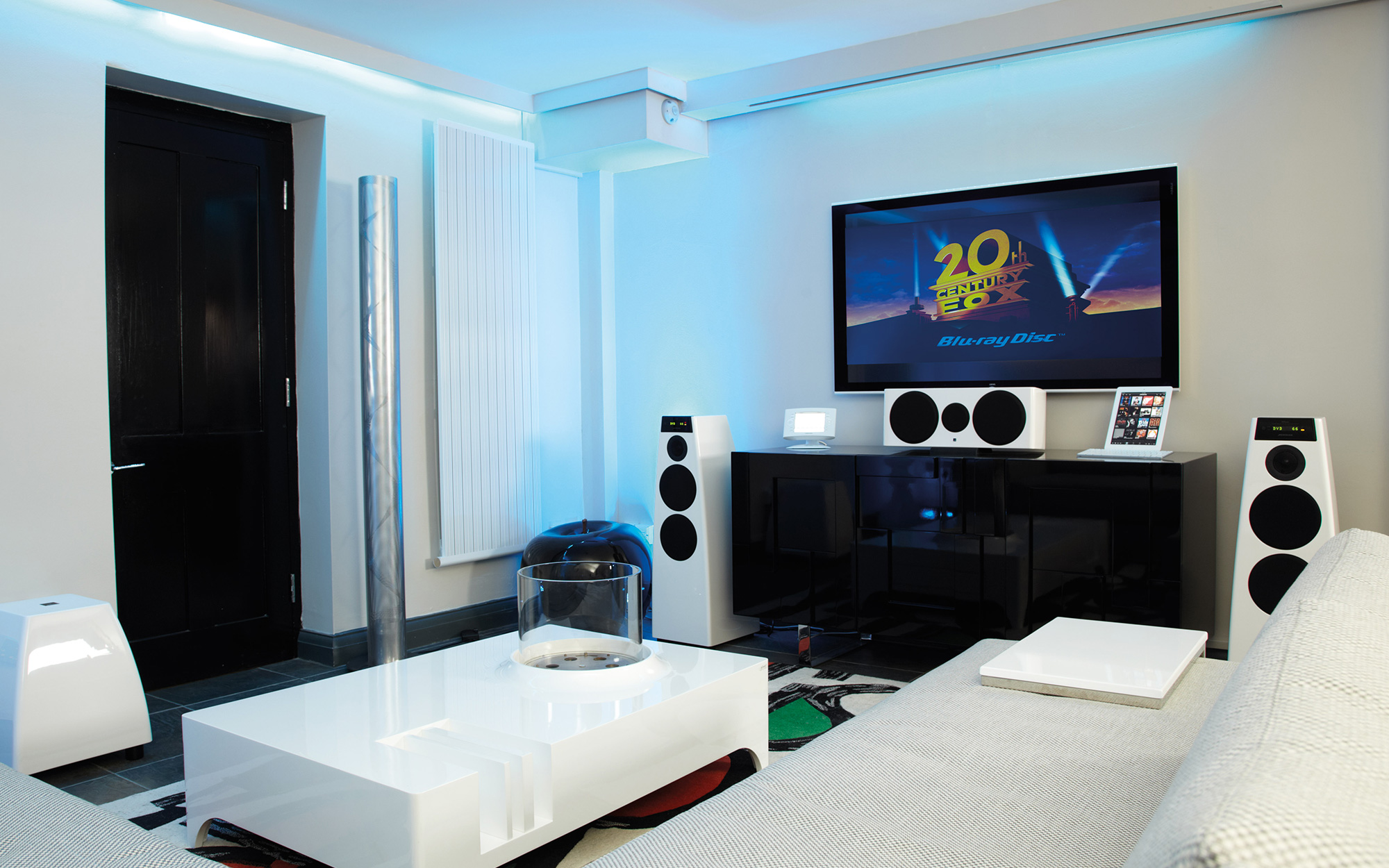
Performance Series
Meridian customers - create an account so you can register your product(s) for your extended warranty.
Dealers, integrators, and installers - create an account to request access to Dealer Resources and/or apply to become a Meridian dealer.

Performance Series
Designed to be versatile within the home, the DSP3300 is an ideal building block in a compact, high-performance cinema system.
This speaker is an ideal centre channel, to complement a pair of compact and elegant DSP3200s, or to make a matched set of three DSP3300s as left, centre and right channels.
A testament to the effectiveness of our pioneering DSP technology, the compact DSP3300 cabinet houses three drivers, plus the advanced electronics necessary to deliver room-filling sound equal to the performance level of a conventional speaker many times the size.
The DSP3300’s precision-manufactured cabinet is designed to allow the speaker to be placed horizontally or vertically, with no reduction in sound quality. The design is also suitable for wall mounting, giving great flexibility.
Find a distributorPerformance Series
DSP3300
Ingeniously engineered to suit a variety of applications within your home, the DSP3300 is the ideal building block in a compact Meridian system. The DSP3300’s precision-manufactured cabinet includes a rubber mount, enabling the speaker to be placed horizontally or vertically with no reduction in sound quality. Finished as standard in piano lacquer black, our Select finishing option means DSP3300 loudspeakers can also be supplied in the colour of your choice.
Meridian Bespoke Signal Mapping utilises digital signal processing to apply tailored crossover filters that are designed specifically for each configuration of drive units within a loudspeaker.
Meridian E3 Bass uses specifically designed filters to expand, extend and enhance the low-frequency response of the loudspeaker.
FFA (Full Frequency Alignment) is a combination of digital filters and delays to correct the group-delay of a loudspeakers. It ensures that all frequencies reach the listener’s ear at the same time.

Meridian Q-Sync deploys Meridian's multiple “First In, First Out” buffering system which minimises jitter, ensuring perfect timing and improved clarity.
Meridian Pro-Active Bass protects the bass drivers from over-excursion, ensuring maximum bass output without damaging the drive units.
Meridian Pro-Active Thermal monitors the audio being sent to the wide-range driver and limits the overall volume of the loudspeaker if there is a risk of the drive unit getting too hot.
True Time is Meridian's proprietary Apodising Filter that avoids pre-ringing and cleans up the effects of early filters, converting pre-echo to post-echo.
Meridian True Link is an encryption method for transferring high-definition digital audio over SPDIF connections. It allows secure movement of digital audio whilst ensuring that the SPDIF clock signal can be transmitted with minimum degradation.
Meridian Free-Q is used to compensate for acoustic problems associated with specific loudspeaker placement conditions.
The Performance series comprises a collection of loudspeakers that offer innovative and compact designs without compromise. Featuring individual components that are perfectly matched and sonically balanced, they deliver a level of performance that is unsurpassed by traditional speaker design.
The DSP3300 and DSW.2 Subwoofer also benefit from compact footprints. Finished as standard in piano lacquered black, the loudspeakers within the Performance series are also available in any colour thanks to our Select finishing option. The Performance series combines elegant design with innovative audio technologies to deliver an authentic sound experience - whether they are used on their own or as part of a larger installation.
Here you will find a quick overview of the product highlights and features.
Here you will find installation information and operating instructions.
Here you will find a summary of the complete range of Meridian products in one document.
AUDIO INPUT
1 x Meridian SpeakerLink (RJ45) accepting 32kHz to 96kHz sampling rates at up to 24-bit
AUDIO OUTPUT
1 x Meridian SpeakerLink (RJ45) delivering 32kHz to 96kHz sampling rates at up to 24-bit
PERFORMANCE
Peak SPL: 114dB at 1m
Noise less than 15dB SPL
Frequency response in-room within 3dB: 45Hz to over 20kHz
AMPLIFIERS
2 x 75w (150 w)
Overall distortion typically <0.02% at any frequency or level
BASS DRIVERS
2 x 165mm polypropylene long throw bass drivers
Wide-range Driver
1 x 85mm aluminium cone wide-range driver
DIMENSIONS / WEIGHT
HEIGHT: 206mm [8.1in]
WIDTH: 555mm [21.9in]
DEPTH: 235mm [9.25in]
WEIGHT: 11.5kg [25.3lbs]
POWER
550W (maximum)

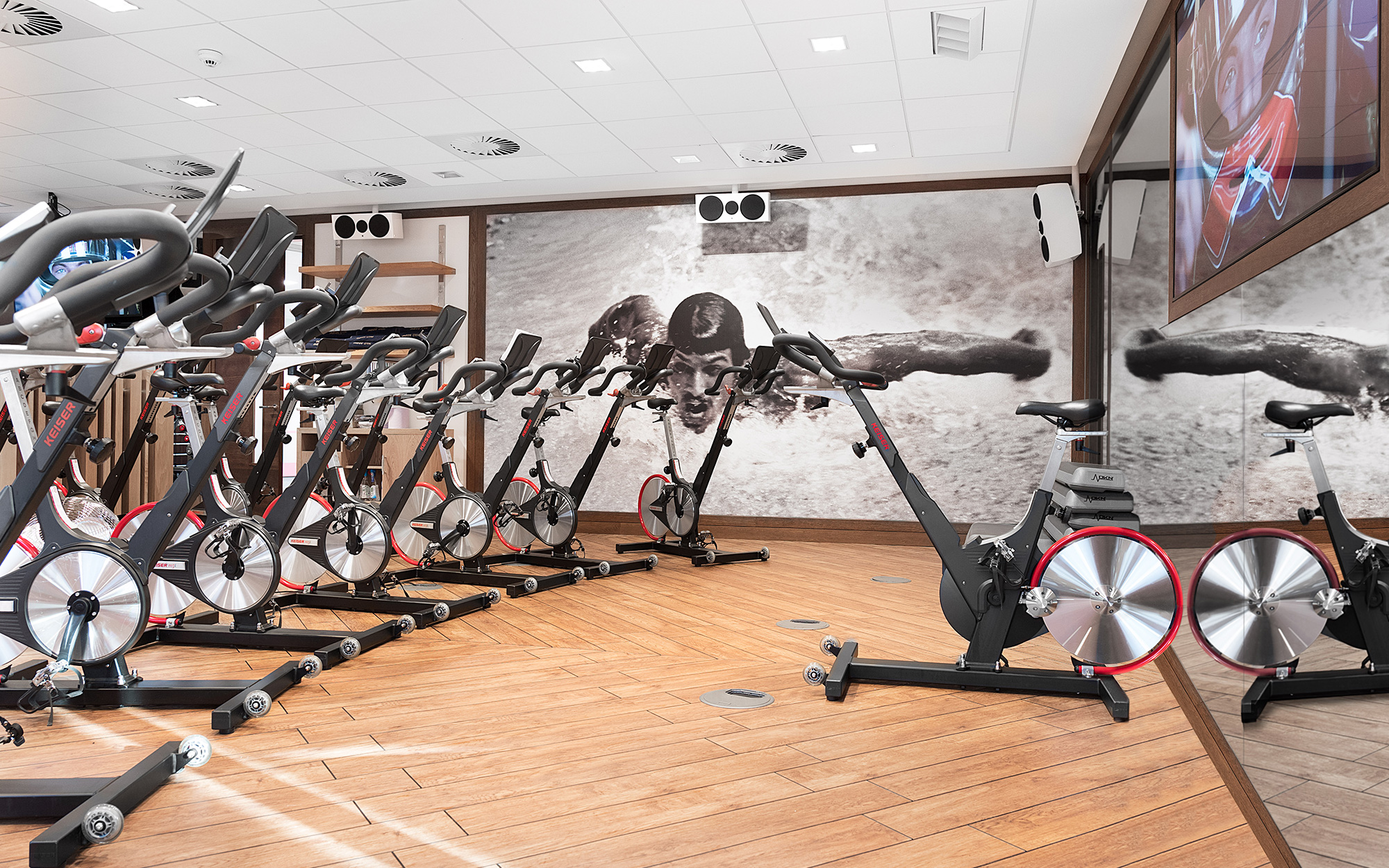
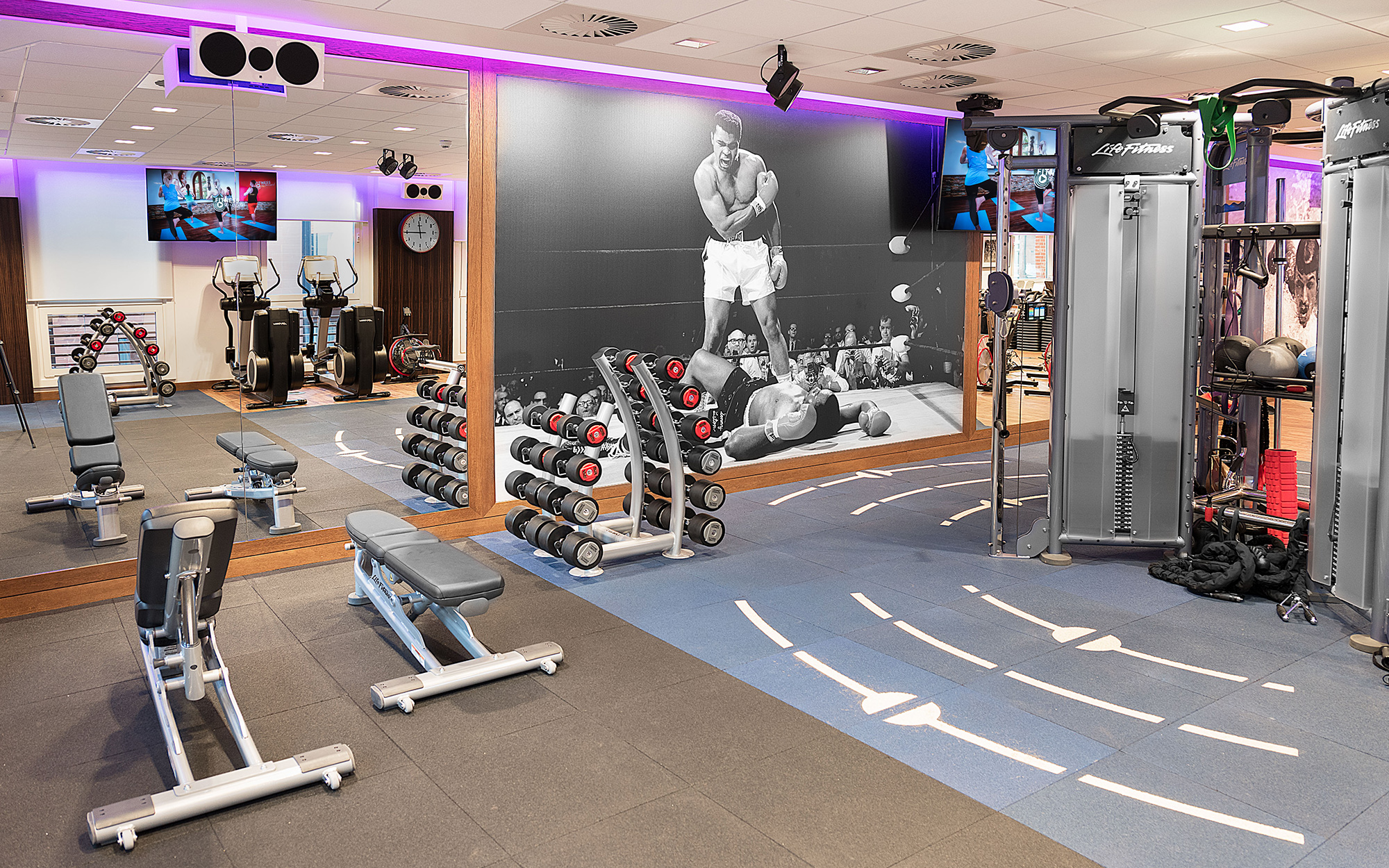
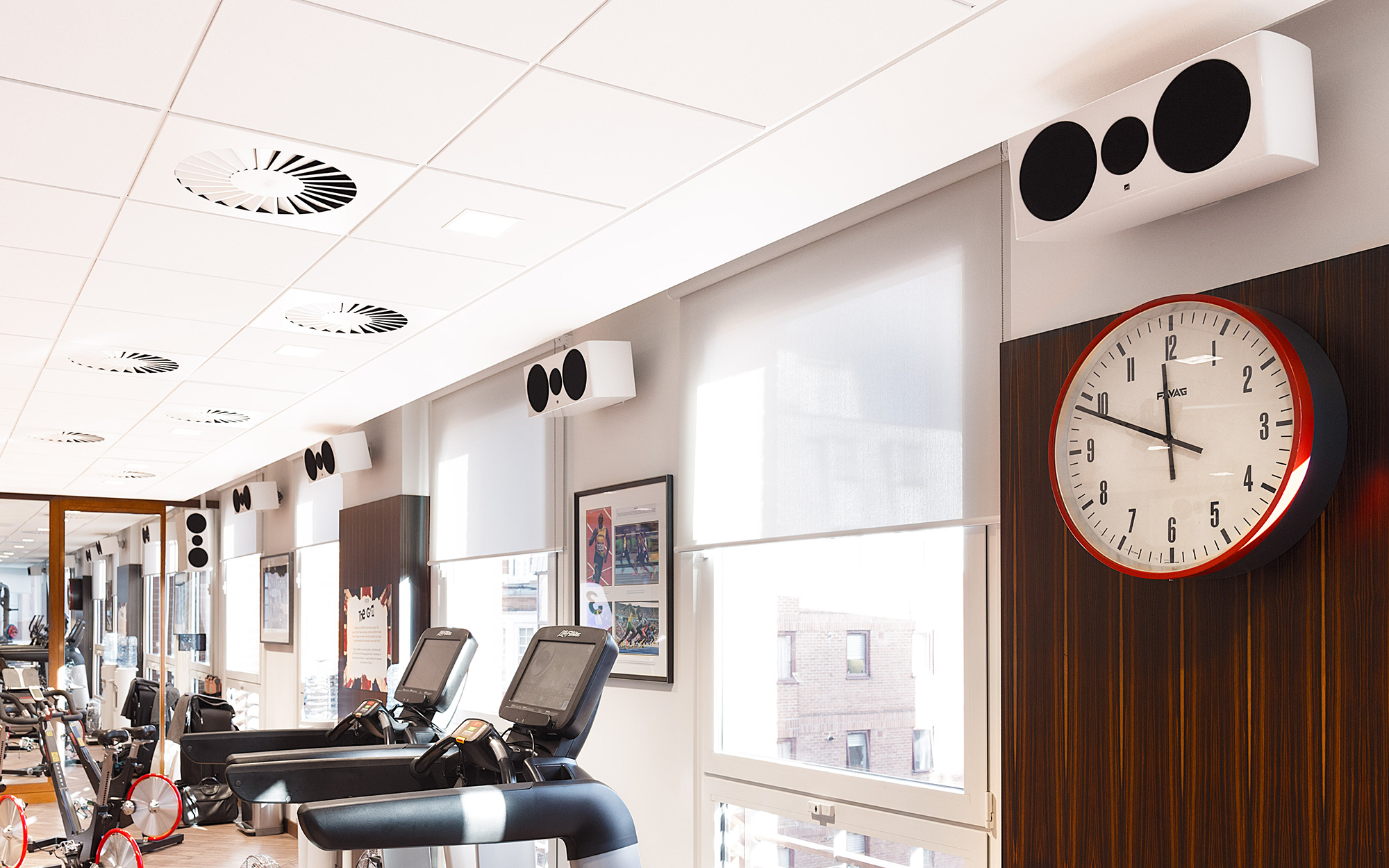

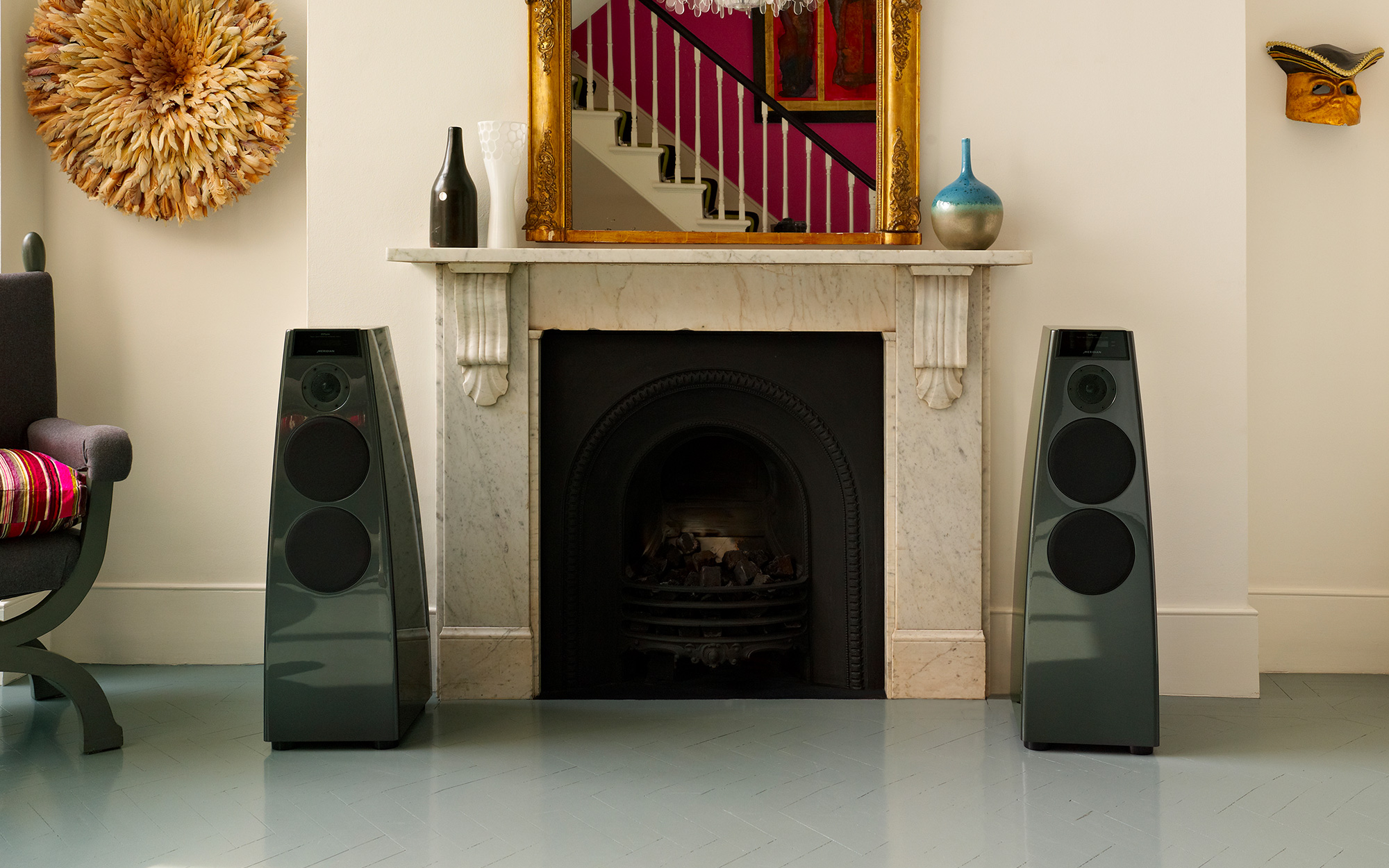
With power applied to the product and the mains switch in the 'On' position, the green LED on back-panel should illuminate dimly. If it does not light up, the mains supply and the mains inlet fuse should be checked.
The DSP3300 comes out of Standby mode when it receives an appropriate communication signal from another Meridian product. This signal is received on the SpeakerLink input socket of the loudspeaker and is produced when the rest of the system is brought out of Standby. When this happens, the green LED on the back-panel of the DSP3300 is illuminated brightly.
In Standby mode, the green LED on back-panel illuminates dimly. When out of Standby, the green LED illuminates brightly. As 'brightly' and 'dimly' are relative terms, it can be useful to watch the LED as the system is brought out of Standby. The change from dim to bright is quite obvious and should confirm whether the product is coming out of Standby mode.
Each loudspeaker uses a maximum of 550W.
The loudspeaker on the left (when viewed from the listening position) should be set to 'L/C' and the loudspeaker on the right should be set to 'R'. The switch is required because the SpeakerLink lead feeding the loudspeaker carries both left and right audio channels. The switch 'tells' the loudspeaker which channel to pick up from the lead. This is true even when each loudspeaker is fed with a dedicated SpeakerLink lead.
Loudspeakers in use as main-left, side-left, rear-left or centre channels should be set as 'L/C'. Set the switch to 'R' for loudspeakers in use as main-right, side-right or rear-right channels.
The pair of loudspeakers can be connected in a 'daisy-chain' arrangement. The input of one loudspeaker should be connected to the SpeakerLink output on the controller-product. The output of this loudspeaker is then connected to the input socket on the other loudspeaker.
Yes. If cabling or other factors preclude star-wiring, daisy-chaining can be used for a pair of DSP3300s. This applies as long as the two loudspeakers are a pair as defined in a Meridian system, i.e. they are the left and right main channels, the rear-left and rear-right channels or the side-left and side right channels.
If the DSP3300s are amongst the smaller loudspeakers in the system, the general advice is to set them to 'Small'. This will divert low-bass (as defined by the crossover setting in configuration) away from the loudspeakers in question and send it to the subwoofer and/or the 'Large' loudspeakers in the system. The exact route of the bass is determined by several factors within configuration. However, in a system with no subwoofer, the main (front) loudspeakers are forced to be 'Large', regardless of their physical size. If all the other loudspeakers are defined as 'Small', the main loudspeakers will be asked to playback all the bass for the system. In such cases, defining DSP3300s as 'Large' could help spread the bass load across the system. This could result in improved bass reproduction at low to mid volume levels and, as the DSP3300s feature Meridian's Pro-active Bass technology, even at high volumes the risk of 'bottoming out' a bass drive is minimal.
Bass output can be increased, but it may require some configuration. Refer to our support documentation relating to the subwoofer for further information.
This can be done if a Meridian 218 Zone Controller is also added to the system. The 218 has on-board DSP which can derive dedicated feeds for the subwoofer as well as the main left and right channels. The 218 features gain and filter controls to allow the subwoofer to be sonically integrated with the main loudspeakers.
Yes. The DSP3300 is designed to work well in either 'horizontal' or 'vertical' orientations. This provides flexibility in use as a rear or side channel loudspeaker. However, as the DSP3300 provides extended bass which may not be associated with its cabinet size, it can make a great loudspeaker for use as a main left or right channel loudspeaker. To maintain appropriate appearance, the Meridian badge on the front of the loudspeaker can be rotated to suit the orientation.
This can be used under the loudspeaker to allow it to stand on one end in a vertical position or it can be under the loudspeaker in the horizontal orientation to angle the front of the loudspeaker slightly up or down towards the listening position.
Yes. There will be no need to use an external PSU with the Distributor 1.
Yes, the loudspeakers feature four mounting holes on their back-panels which are spaced correctly to accept the 'König and Meyer 24471' wall bracket.